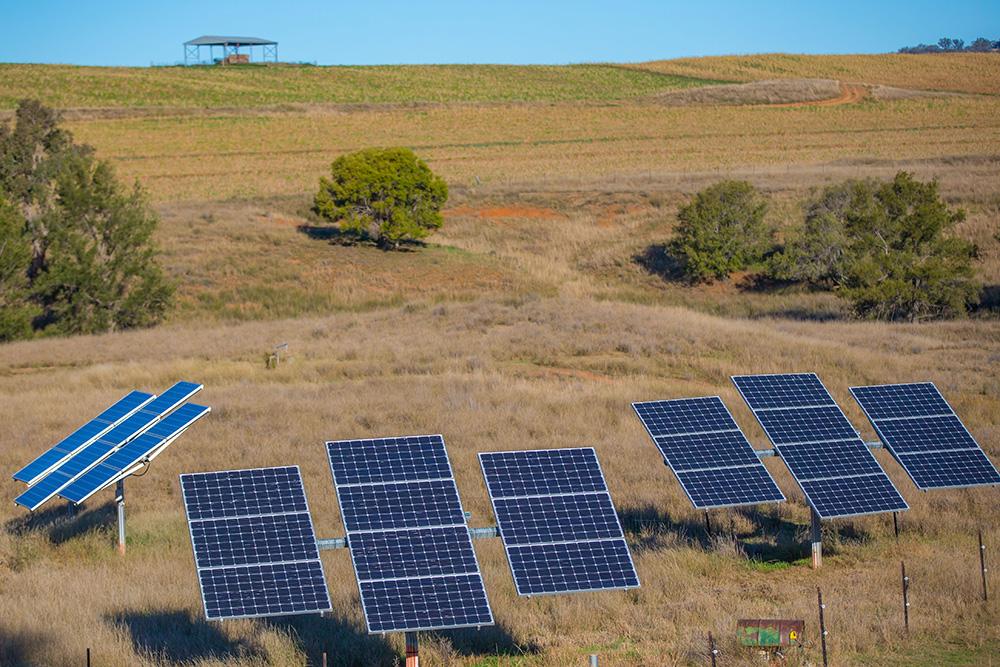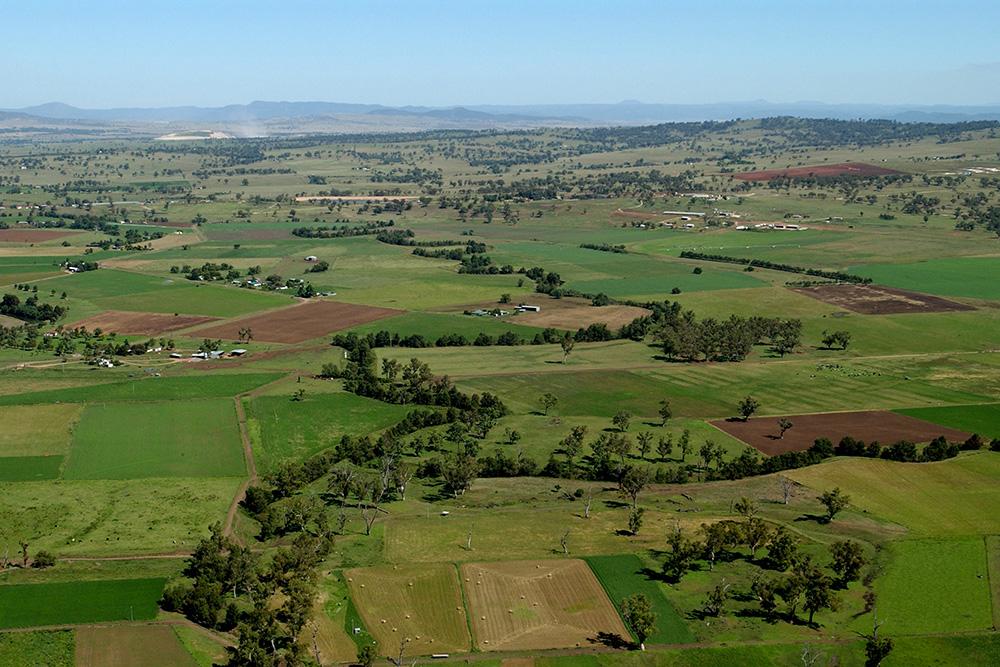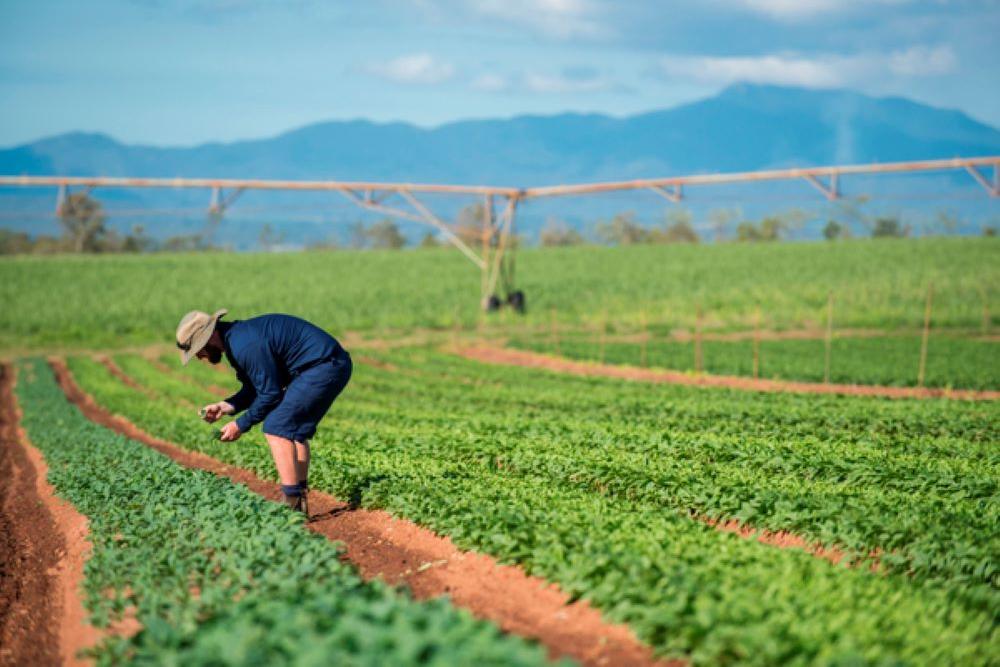Australia’s state-of-the-art avian quarantine facility is filling the role of midwife to nearly 3000 turkey poults in Victoria.
The team at the Department of Agriculture, Fisheries and Forestry’s Post Entry Quarantine (PEQ) facility in Mickleham together with industry experts have nurtured 2900 turkey eggs from Canada during their minimum 13-week quarantine period.
All poultry including chicken, ducks and turkeys can only be imported as fertile hatching eggs and are required to be hatched under biosecurity conditions in Australia to ensure they do not carry any exotic diseases, such as highly pathogenic avian influenza (HPAI).
The poults were hatched from fertile eggs imported by a Victorian breeder who worked with the department to manage the birds’ biosecurity risk to Australia. The importer provided expert staff to ensure the poults were monitored around-the-clock in the first few days following hatching.
During their time at PEQ, the poults will be tested for biosecurity diseases such as HPAI before they are released to their owner.
Department of Agriculture, Fisheries and Forestry Deputy Secretary Biosecurity and Compliance Dr Chris Locke said imported eggs provide genetic diversity in breeding stock, critical for the growth of the Australian poultry industry.
“Our import requirements are rigorous with imports only accepted from countries that can certify freedom from HPAI, or from countries that have approved compartment schemes or zoning arrangements with Australia to avoid the risk of biosecurity concerns from imported eggs,” Dr Locke said.
“These poults have been the beneficiary of an excellent collaboration between our technical staff based in Canberra as well as biosecurity officers and department vets at PEQ and industry.
“Our biosecurity team at PEQ has worked closely with breeders and industry to ensure poultry imports arrive and leave our care in the best possible condition and we thank our partners for working with us to ensure pests and diseases such as HPAI stay out of Australia.
The turkeys are expected to grow up to five kilograms in weight during their stay at PEQ and will only be released if test results show no evidence of disease.
The poults will be the grandparents of birds that will be bred for turkey meat. Each consignment of birds compromises different genetic lines that have highly specific, desirable traits that will be expertly bred together by the importer to produce a bird specific for Australian conditions and the Australian market.
Avian influenza (HPAI) has been Australia’s most frequently occurring emergency animal disease, with eight outbreaks in Australian poultry farms since 1976.
Fast Facts:
- PEQ Mickleham is one of only two available biosecurity facilities in Australia where clients can import poultry and pigeons.
- PEQ can accommodate three individual hatching egg consignments and two individual bird (pigeon) consignments at the same time.
- The facility has been a significant investment from the federal government in managing biosecurity and involves 5 containment level 3 (PC3) units that help us manage biosecurity risks such as Avian Influenza (HPAI).
- The import conditions for hatching eggs of poultry are rigorous:
- The source flock/s are tested for many diseases before and after egg collection.
- The source flock must remain healthy, productive and free of any diseases of biosecurity concern for at least 2-3 weeks after egg collection (when the eggs are in the quarantine unit).
- Eggs are fumigated prior to export.
- The source flock must be housed, monitored and maintained under biosecure conditions. It is a lengthy, expensive process and health certificates are signed by Official and Government Veterinarians in the exporting country.
- PEQ provide advice to importers about the logistics of raising the birds in quarantine and the department’s technical teams based in Canberra issue import permits and provide technical and operational advice about complying with our rigorous conditions.



